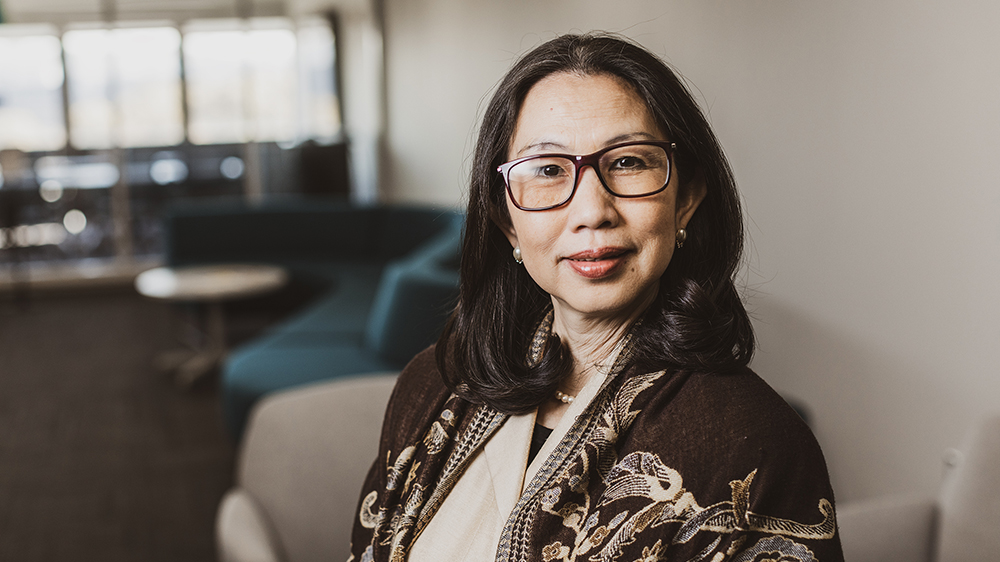
Examining the Success Stories of Asian American Women in STEM
The barriers and adversities that women of color in STEM fields face throughout their academic and professional experiences is well-documented in academic research.
Dao Nguyen, a 2023 alumna of the University of Pittsburgh School of Education PhD in Higher Education program, was interested in how women can overcome these challenges to lead successful careers.
“I didn’t want my dissertation to just talk about the barriers. I wanted to see the other side of the story,” says Nguyen, who is now a postdoctoral diversity, equity, and inclusion research and development fellow at Purdue University Global.
Nguyen’s dissertation recently received a 2024 Dissertation Prize honorable mention from Pitt’s Gender, Sexuality, & Women’s Studies (GSWS) program in the Dietrich School of Arts and Sciences. The GSWS Dissertation Prize recognizes dissertations that directly and substantially address topics related to gender, sexuality, or women.
Nguyen’s dissertation, “Asian American Women’s Success [Stories] in STEM Fields in Higher Education: A Phenomenological Narrative Research,” studies the experiences of 10 Asian American women in STEM at four-year universities across the United States. She analyzed data from in-depth interviews with participants and documents related to their institutions, career paths, and accomplishments, using a phenomenological narrative methodology and success case method.
The study found that gender and environment can impact the career pathways of Asian American women STEM scholars in positive and negative ways. On one hand, these scholars face barriers rooted in gender-based, racial, and hierarchical biases at different stages of their careers. However, Nguyen found that some aspects of gender-based and institutional environments empowered the scholars’ professional and social credibility in their fields.
“The participants in my study faced a lot of challenges and prejudice in their working environments but thanks to support from their faculty, advisors, professional networks, and communities, they were able to remain in higher education,” says Nguyen. “By bringing attention to these factors, I hope that higher education policy-makers and administrators will be more mindful of gender and racial factors in their recruiting and promotion policies, as well as their institutional culture and attitudes toward women in STEM fields.”
Drawing upon the study’s findings, Nguyen also advocates for the preservation and solidification of the fundamental principles underpinning academic freedom and shared governance within higher education institutions.
“It is imperative to protect and empower the voices and capabilities of underrepresented groups within the academic community,” she says.
Nguyen encapsulated her dissertation research for a book chapter published in People, Spaces and Places in Gendered Environments, which is part of the “Advances in Gender Research” book series published by Emerald Publishing Limited.
Nguyen plans to expand on her research by comparing it to the experiences of Black, Indigenous, and Latinx women in STEM fields. She says the Pitt School of Education, especially the wisdom and expertise of the faculty, continues to be a huge influence on shaping her scholarly research.
“The faculty members at the School of Education encouraged me to think outside the box and foster my confidence in developing independent studies,” says Nguyen. “They made me realize the importance of interdisciplinary perspectives and cross-cultural understanding in seeking viable solutions for complex problems.”




